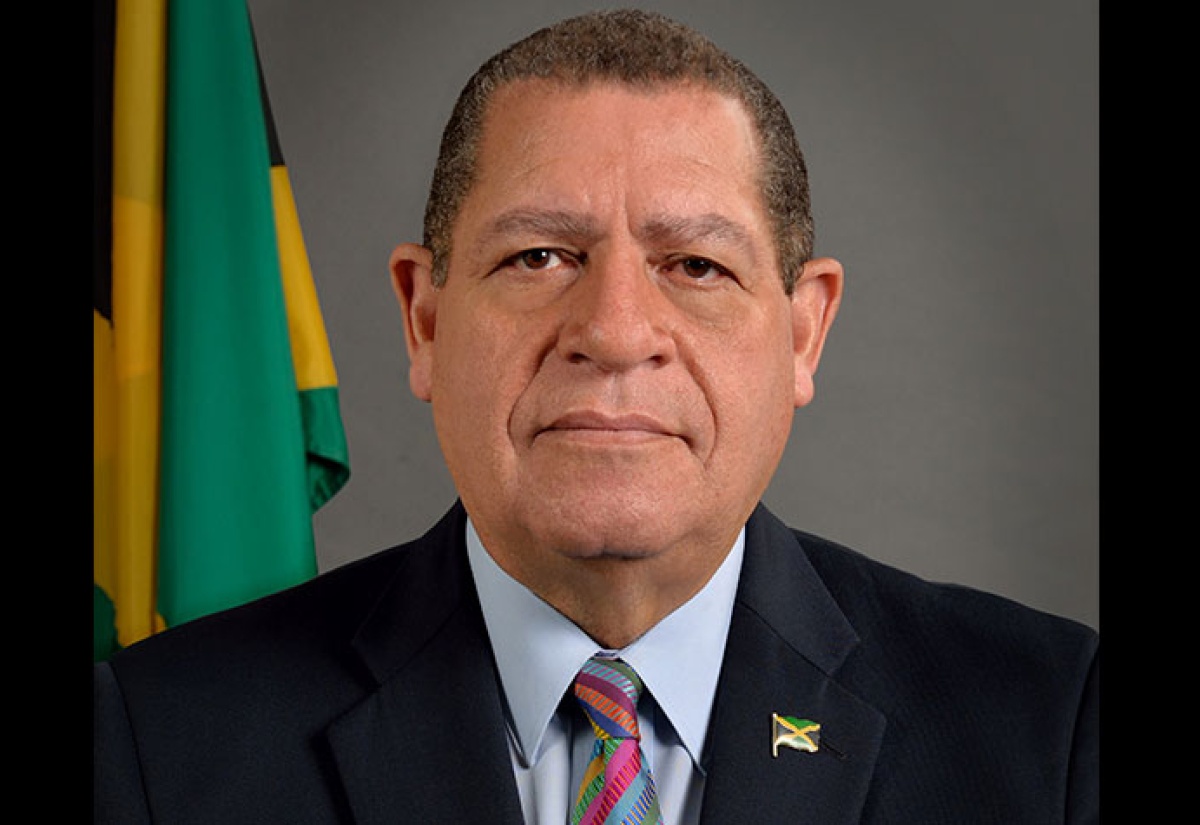I wish to once again thank the staff of the Ministry of Finance and the Public Service and other agencies for their assistance in the course of preparations for this Debate.
I also wish to thank the Prime Minister, Opposition Leader, and the Opposition Spokesman on Finance for their contributions.
Mr. Speaker, coinciding with the Budget Debate was an IMF review mission which ended on Friday last. I am pleased that the review went well. All targets for the quarters ended December 2015 and March 2016 were met.
The Mission in its Concluding Statement said:
“The ongoing phased reform of the personal income tax is a bold step to rebalance the tax system towards indirect taxation. The shift from direct to indirect taxes will reduce the marginal and average tax rates for the majority of the income tax taxpayers, improve work incentives, and encourage workers and employers to move out of the informal economy. The decision to take offsetting measures to safeguard revenues and avoid undermining debt sustainability was both bold and essential.”
Mr. Speaker, GDP growth rates have been so low in Jamaica for such a long time, that indeed we need to be bold in order to give Jamaicans the hope that their lot in life can be improved during our time.
Debt-to-GDP
Mr. Speaker, I will begin by bringing some clarification to various points that the Opposition Spokesman on Finance raised when he spoke during the budget debate. He critiqued the budget (which he should) but there were errors in many of the figures he presented, which need to be corrected for the record.
I will start with the Debt-to-GDP ratio.
The Opposition Spokesman on Finance said the debt to GDP ratio for 2016/2017 will remain flat to where they brought it to last year.
I agree that the Fiscal Policy Paper does indeed show that debt forecast for FY2016/17 is flat relative to that of FY2015/16. It is very important that we understand what is behind these figures before making disingenuous remarks and drawing spurious conclusions.
Three critical factors have contributed to this flat profile of the debt-to-GDP ratio as follows:
- Some budget support funding (US$100 million) that was expected from multilaterals in FY2015/16 did not materialize and are now programmed in FY2016/17. Had those inflows materialized as expected, then the debt stock and the debt-to-GDP would have been higher in FY2015/16 and the debt trajectory would have shown a reduction in FY2016/17.
- A portion of the planned borrowing for FY2016/17 is for pre-funding of maturities in May and June 2017. The Opposition Spokesman knows that it is prudent fiscal planning to secure resources ahead of when the obligation becomes due.
- The fiscal deficit is expected to increase from 0.3% to 1.0% of GDP in FY2016/17, with the most significant contributor to the increase being higher External Interest Cost, due in large part to the take out of low cost PetroCaribe debt with high cost borrowing on the global financial market, moving from 1% interest cost to 7% interest cost.
Additionally, Mr. Speaker, the Opposition Spokesman on Finance boasts that the debt-to-GDP ratio has fallen from well over 140% in 2011 to current levels of 126.8%. Well Mr Speaker, the Fiscal Policy Paper dated 18th April 2013 has debt-to-GDP for Fiscal 2011/12 at 131.5%, not “well over 140%” the Spokesman on Finance would have us believe.
Click here to read full speech.


